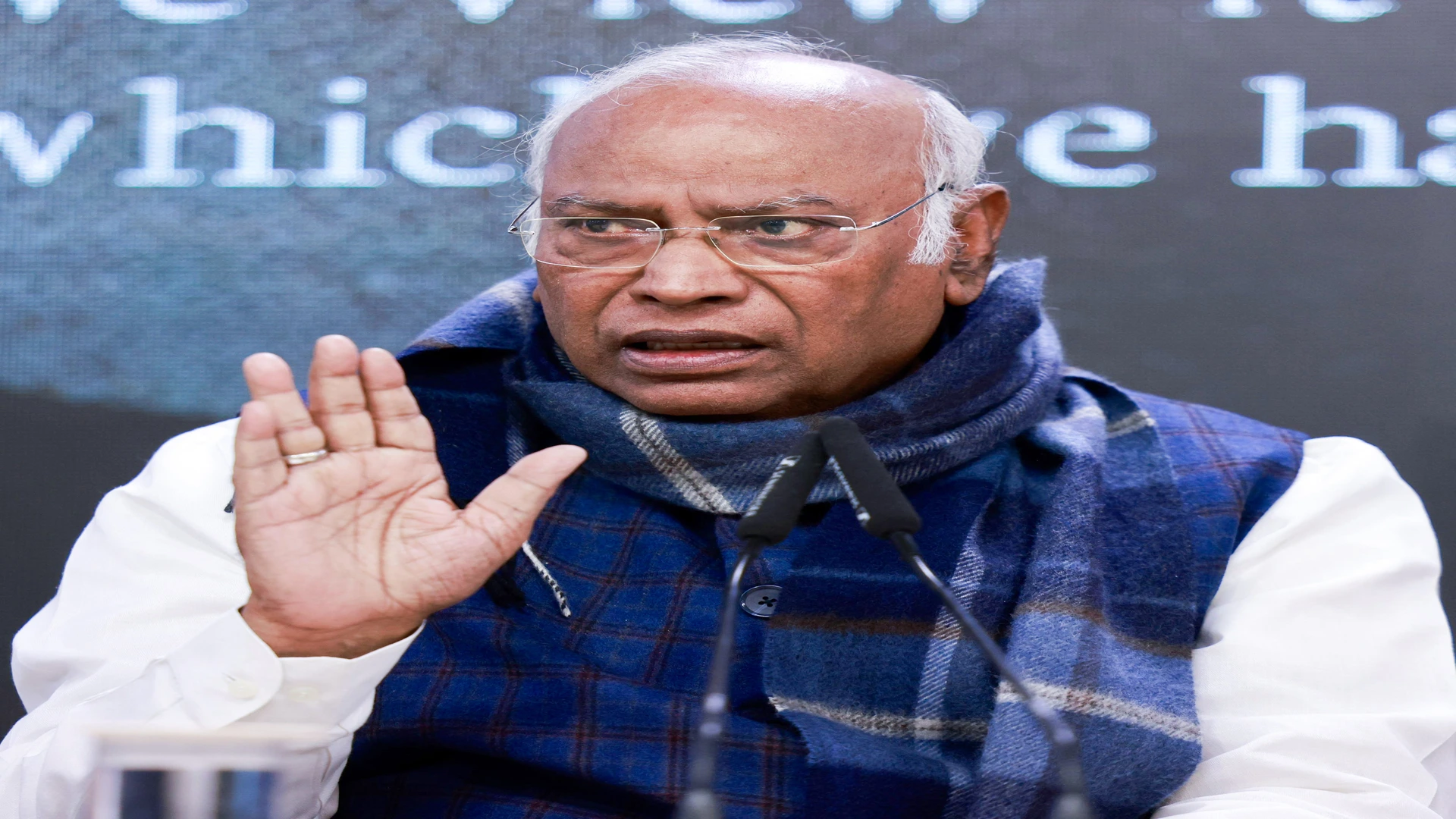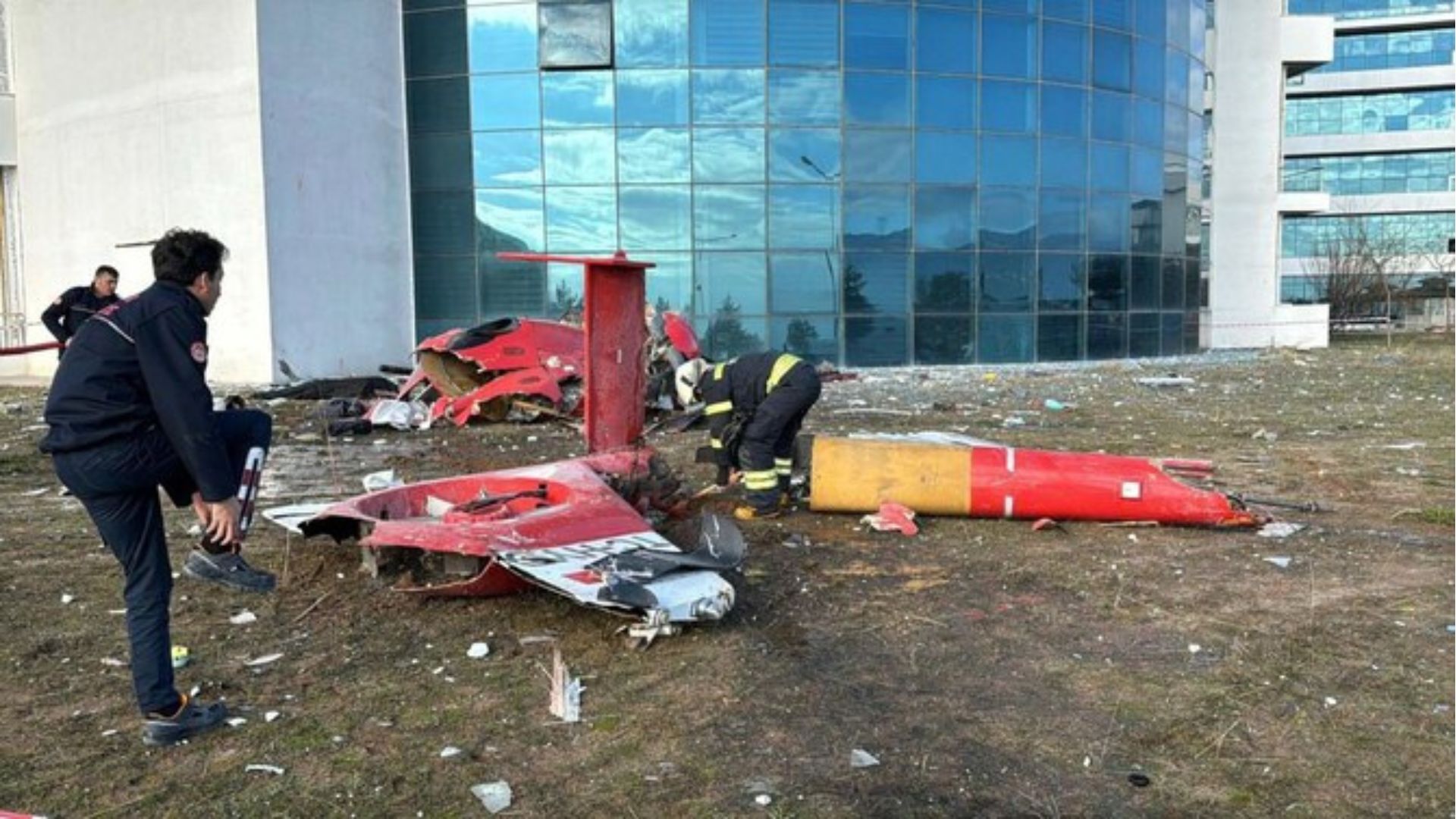In the present hyper-competitive world, the culture of burnout has become an alarming epidemic, impacting people of all ages and professions. The continuous pursuit of productivity and achievement at the expense of personal well-being has resulted in a society where weariness is frequently regarded as a badge of honor. Breaking out from this destructive loop requires a significant adjustment in our mindsets and organizational cultures.
Burnout culture is characterized by a constant state of physical, emotional, and mental tiredness, which is often caused by extended exposure to high levels of stress. It takes many forms, including persistent weariness, decreased productivity, cynicism, and a sense of ineffectiveness. This culture is reinforced by societal expectations, workplace norms, and personal beliefs that link perpetual productivity to value and worth.
To effectively tackle burnout culture, consider the following strategies-
=Redefine success: Reject the idea that success is linked with overwork. Accept a broader definition that encompasses personal well-being and life happiness.
=Set boundaries: Set clear boundaries between work and personal life. Learn to say no to unneeded commitments and prioritize activities efficiently.
=Practice mindfulness: Incorporate mindfulness practices into your everyday routine to reduce stress and improve present-moment awareness.
=Promote work-life integration: Instead of aiming for perfect balance, concentrate on combining work and personal life in a way that is both sustainable and fulfilling.
=Prioritize self-care: Make self-care an absolute priority. Engage in activities that restore energy and improve general well-being.
=Create a supportive environment: Surround yourself with people who respect their well-being and promote healthy work practices.
=Accept imperfection: Let go of perfectionist inclinations and acknowledge that mistakes and limitations are a part of the human experience.
=Develop resilience: Develop emotional and mental resilience by engaging in practices such as gratitude, positive self-talk, and stress management techniques.
=Reassess goals on a regular basis: Periodically assess and update personal and professional goals to ensure they are in line with current values and circumstances.
=Advocate for systemic change: Engage in burnout discussions within organizations and communities to encourage healthy work cultures.
Implementing these strategies can result in significant benefits for individuals as well as organizations. On a personal level, breaking free from the burnout culture can lead to better physical and mental health, job satisfaction, and relationships. It promotes better creativity and originality, as well as improved decision-making skills. Addressing burnout in organizations can result in higher employee retention rates, increased productivity, and a more favorable work atmosphere.
Furthermore, moving away from the burnout culture can have broader societal implications. It can help to promote a more sustainable approach to work and life, potentially lowering healthcare expenses linked with stress-related disorders. This transformation may also result in more equal work practices, as the existing burnout culture frequently affects certain groups, such as women and minorities.
Breaking out from the burnout culture is not an easy or quick process. The journey to overcome burnout culture is an individual and a collective undertaking. It advocates for a reevaluation of goals, a redesign of work arrangements, and a dedication to overall wellness. As society grapples with the effects of chronic burnout, an opportunity to forge a new path emerges that prioritizes long-term productivity, personal growth, and overall life satisfaction.
The author is the MD (A.M) Psychotherapist, Life Alchemist, Coach & Healer , Founder & Director, Gateway of Healing.







